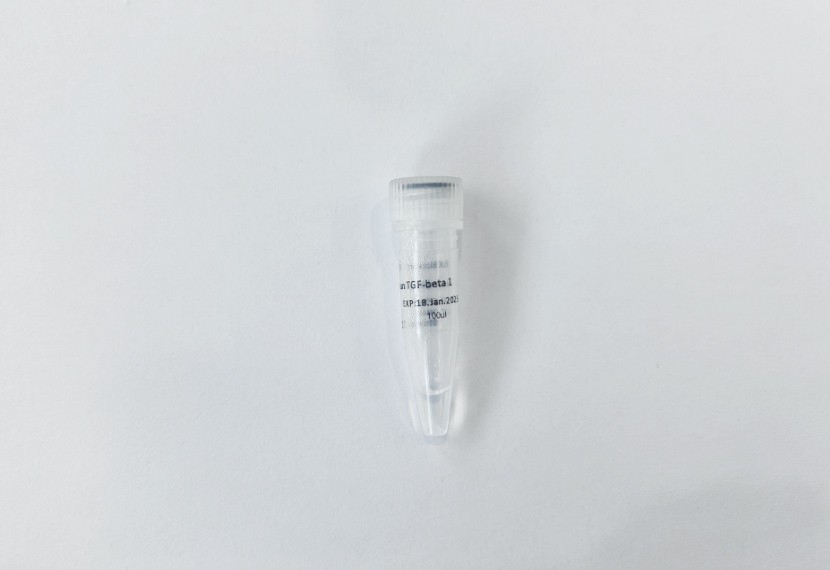| Product name: |
Recombinant Human GM-CSF |
| Description: |
Recombinant Human Granulocyte-Macrophage Colony-Stimulating Factor is produced by our Yeast expression system and the target gene encoding Ala18-Glu144 is expressed. |
| Accession: |
P04141 |
| Molecular weight: |
14.4 KDa |
| Apparent molecular weight: |
24-35 KDa, reducing conditions |
| Purity: |
Greater than 95% as determined by reducing SDS-PAGE. |
| Endotoxin: |
Less than 0.1 ng/µg (1 EU/µg) as determined by LAL test. |
| Redissolve: |
Always centrifuge tubes before opening.Do not mix by vortex or pipetting.
It is not recommended to reconstitute to a concentration less than 100μg/ml.
Dissolve the lyophilized protein in distilled water.
Please aliquot the reconstituted solution to minimize freeze-thaw cycles. |
| Storage: |
Lyophilized protein should be stored at < -20°C, though stable at room temperature for 3 weeks.
Reconstituted protein solution can be stored at 4-7°C for 2-7 days.
Aliquots of reconstituted samples are stable at < -20°C for 3 months. |
| Delivery condition: |
The product is shipped at ambient temperature.
Upon receipt, store it immediately at the temperature listed below. |
| Background: |
GM-CSF was initially characterized as a growth factor that can support the in vitro colony formation of granulocyte macrophage progenitors. It is produced by a number of different cell types (including activated T cells, B cells, macrophages, mast cells, endothelial cells and fibroblasts) in response to cytokine of immune and inflammatory stimuli. Besides granulocyte-macrophage progenitors, GM-CSF is also a growth factor for erythroid, megakaryocyte and eosinophil progenitors. On mature hematopoietic, monocytes/macrophages, and eosinophils, GM-CSF has also been reported to have a functional role on non-hematopoitic cells. It can induce human endothelial cells to migrate and proliferate. Additionally, GM-CSF can also stimulate the proliferation of a number of tumor cell lines, including osteogenic sarcoma, carcinoma and adenocarcinoma cell lines. |






 One-click to copy product information
One-click to copy product information
 Manual
Manual